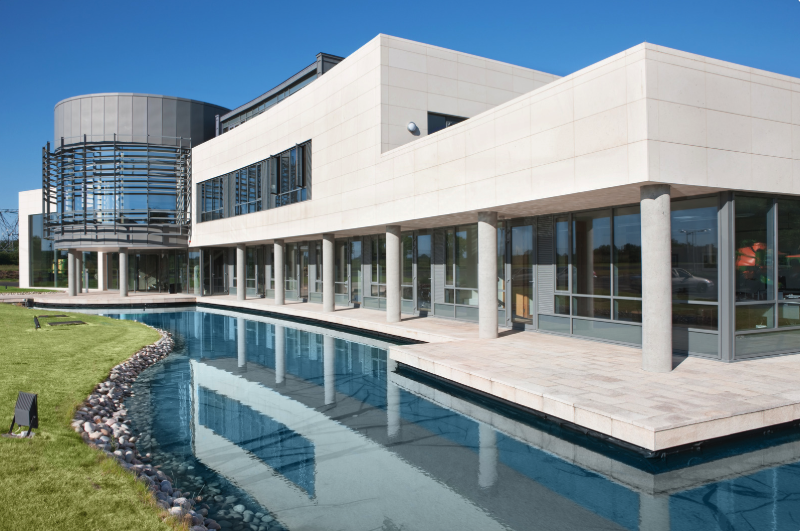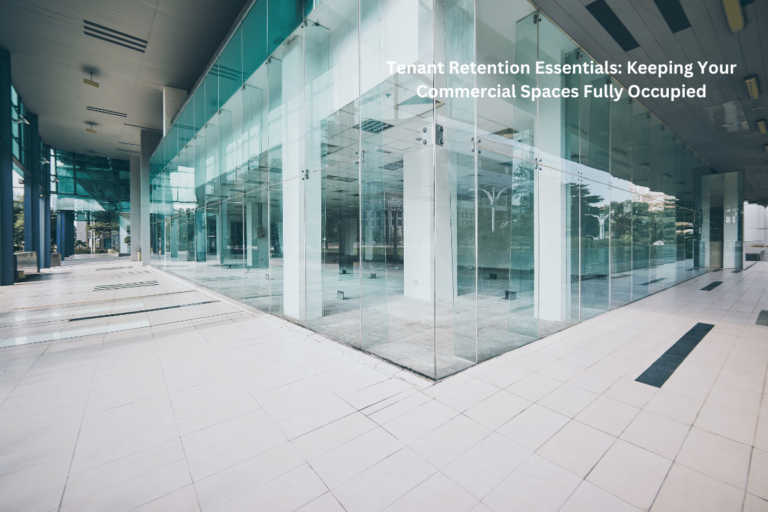How to Renovate Your Commercial Building Efficiently
Renovating a commercial building is a major undertaking that requires careful planning, expert knowledge, and a thoughtful approach to ensure everything aligns with your business’s long-term goals. Whether you are updating your space to improve functionality, enhance aesthetics, or address safety concerns, an efficient renovation can make all the difference in the final result. A successful commercial building renovation enhances the property’s value, attracts tenants or clients, and creates an environment conducive to productivity. In this guide, we’ll explore the key steps to ensure your renovation project is carried out efficiently and effectively, from planning to completion.
Roof Renovations: Start with the Top
The first and most critical aspect of any building renovation is the roof. Commercial roofs are exposed to harsh weather conditions, so over time, they can develop issues such as leaks, cracks, or wear and tear. If your roof requires repair or replacement, it’s essential to address these problems early in the renovation process.
Depending on the type of roof your building has, working with experienced professionals, like Nations Roof commercial roof specialists, can help you assess the extent of damage and make informed decisions about repairs or replacements. A properly maintained roof not only improves the structural integrity of your building but also boosts energy efficiency by improving insulation.
Planning Your Renovation Strategy
Effective planning is the backbone of any successful renovation. Before any physical work begins, you should define your renovation goals. Consider the functionality you want to achieve, any necessary structural changes, and how the renovation will impact daily business operations. This step will also involve creating a detailed timeline and budget. Incorporating time-saving materials and techniques, such as prefab electrical conduit, can also improve efficiency during the build. Proper planning can help prevent costly surprises and ensure the project moves smoothly from start to finish.
Budgeting and Financing Your Renovation
Renovating a commercial building can come with significant costs, so setting a realistic budget is crucial. Take time to break down the project into specific costs, including materials, labor, permits, and any other hidden fees that might arise.
Additionally, consider whether you’ll need financing to cover the expenses and explore options like loans, grants, or even tax incentives available for property improvements. Having a clear financial plan in place allows you to manage expenses effectively and avoid disruptions to the renovation schedule.
Choosing the Right Contractors
Selecting the right contractors is one of the most important decisions you’ll make during a commercial building renovation. The success of your project largely depends on the expertise, reliability, and professionalism of the contractors you hire. Start by thoroughly researching potential contractors who specialize in the type of work you need, whether it’s roofing, plumbing, electrical, or general construction.
Look for companies with experience in commercial renovations, as they will have a deeper understanding of the specific challenges these types of projects can pose. It’s essential to check their credentials, including licenses, certifications, and insurance, to ensure they meet industry standards and legal requirements.
Don’t settle for the first bid you receive—gather multiple quotes to get a clear understanding of the price range for your project. Beyond the cost, pay attention to the contractor’s reputation. Look for online reviews, and testimonials, and ask for references from past clients who had similar work completed. Speaking with previous clients will give you insight into the contractor’s work quality, ability to meet deadlines, and how they handle unexpected challenges.
Additionally, meet with contractors in person to gauge their professionalism and communication style. A good contractor will listen to your needs, offer solutions, and ensure that you feel comfortable working with them throughout the renovation.
Navigating Permits and Regulations
Commercial renovations often require specific permits and adherence to local building codes and regulations. Failing to secure the proper approvals can lead to delays, fines, or even the need to undo work that has already been completed.
It’s essential to be aware of zoning laws, safety requirements, and other regulations that might impact your project. Working with contractors who are familiar with the permitting process can help you stay on top of these requirements and avoid unnecessary setbacks.
Post-Renovation Considerations: Testing and Final Inspection
Once the renovation is complete, it’s important to conduct thorough testing and inspections to ensure everything functions as it should. This includes checking electrical systems, HVAC units, plumbing, and any new building features.
You’ll also need to ensure that the building is compliant with all relevant safety standards. A final inspection will give you the peace of mind that your commercial space is ready to be used safely and efficiently. If any issues are found, they should be addressed immediately to prevent problems down the road.
Renovating a commercial building can be a complex process, but with careful planning, the right team, and proper execution, it can lead to a more functional, aesthetically pleasing, and profitable property. Remember to prioritize key areas like the roof, budget wisely, and keep communication open with contractors throughout the project. When done right, a well-executed renovation can breathe new life into your commercial space, boosting both your business’s operations and its bottom line.







